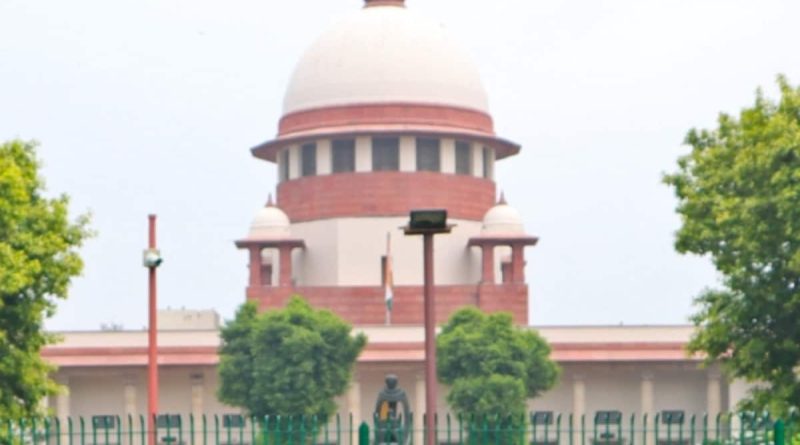Mumbai College Criticized by Top Court for Banning Hijabs
The college contended that the prohibition was in place to ensure that the students’ faith was not revealed.
New Delhi:
Severely criticizing a Mumbai college that had prohibited students from wearing burqas and hijabs on campus, the Supreme Court inquired of the institution’s authorities how they were empowering women by dictating their attire. In a cutting remark, the court also noted that it was regrettable that such restrictions were enforced even decades after Independence.
Listening to a plea filed by nine female students against the ban on burqas, hijabs, niqabs, caps, stoles, and badges imposed by the NG Acharya & DK Marathe College in Mumbai’s Chembur on Friday, a bench of Justices Sanjiv Khanna and PV Sanjay Kumar partially halted the directive. They permitted hijabs, caps, and badges and expressed hope that the ruling would not be abused.
At the beginning of the hearing, Senior Advocate Madhavi Divan, representing the college, argued that allowing the petitioners to wear hijabs and burqas might lead to other students wearing saffron shawls for political reasons, which the college wanted to avoid.
“Will you prohibit girls from wearing a bindi or tilak?” inquired the bench.
The college’s lawyer mentioned that there were 441 students from the community in the college, and wearing a veil or similar clothing created a barrier between them and other students. She also highlighted the provision of changing rooms for students to remove their hijabs or burqas before entering.
“You might be correct (but) considering their background, family members may insist on wearing it. Everyone should study together,” remarked the court.
‘Suddenly Awakened’
“How are you empowering women by dictating their attire? Women should be free to choose what they want to wear. Where is their freedom of choice? You have just realized that they are wearing it now? It is unfortunate that even after so many years of independence, such a prohibition is being discussed,” Justice Kumar expressed.
When the college argued that the ban also aimed to prevent the disclosure of students’ religion, the court pointed out that religion can be discerned from names as well and emphasized that such regulations should not be enforced.
Noting that wearing a burqa would hinder students from sitting in class, the court partially suspended the circular and stated, “We will issue a notice in the week starting November 18. We partially suspend the contested circular to the extent that it prohibits hijab, caps, and badges. We hope and believe that this interim order will not be misused.”
The girls approached the Supreme Court after their petition was rejected by the Bombay High Court.
Waiting for response to load…

